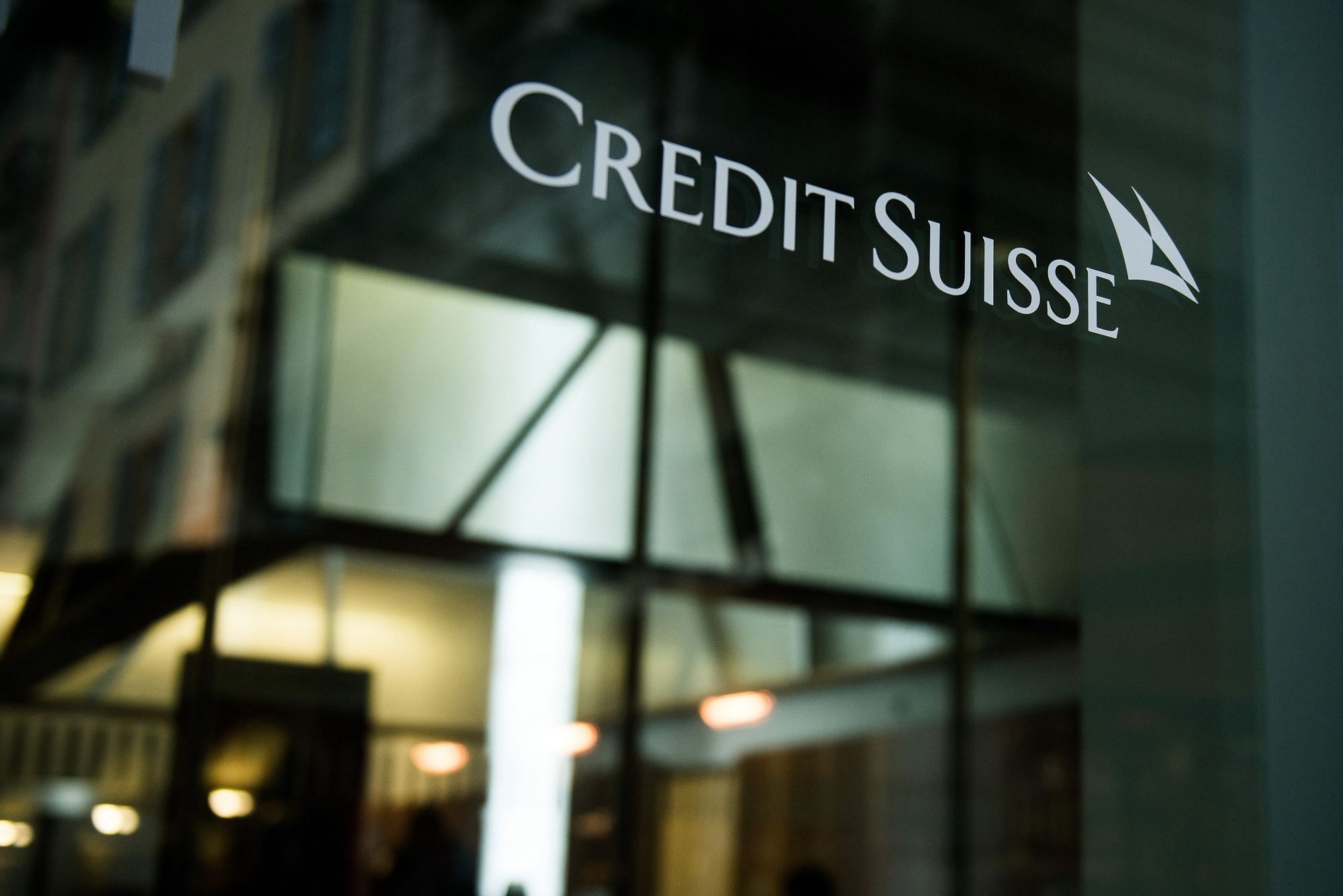After a terrible day on Frankfurt’s markets, Deutsche Bank shares fell more than 7% on the New York Stock Exchange on March 24, raising fears about European banks’ viability heading into the weekend.
Deutsche Bank’s shares fell due to growing default insurance costs. Reuters reported that the German bank’s five-year credit default swaps (CDS) rose 19 basis points (bps) to 222 bps. The bank’s CDS rose 142 points to 173 basis points on March 23 (bps).
Investopedia says a credit default swap lets investors trade credit risk. Credit default swaps (CDS) help lenders control borrower default risk. Protection costs more in uncertain markets.
European bank worries go beyond Deutsche. On March 24, UBS’s five-year CDS allegedly increased by 14 basis points (bps) to close to 130 bps, a few days after the company bought Credit Suisse for $3.25 billion as part of “emergency legislation” to prevent financial market instability. The Swiss National Bank will lend UBS over $100 billion.
The Credit Suisse bailout has not reduced the market apprehension of European banks. Commerzbank fell 9% on March 24, while Société Générale and UBS fell more than 7%. Deutsche shares fell 25% last month.
“The Deutsche Bank issue implies that we are just at the beginning of what seems to be a deepening catastrophe in the global banking system,” Dan Holdings CEO Danny Oyekan said in a written statement.
“This should not be surprising given the abrupt transition from a zero-interest-rate environment to the fastest rate rises in history. Several banks purchased long-term bonds that have been devalued by the Fed’s rate hikes.”
Silicon Valley Bank, a U.S. bank, collapsed on March 10, prompting U.S. and U.K. authorities to avert a systemic collapse. Ilya Volkov, CEO of Swiss fintech portal YouHodler, doubts Deutsche Bank or other European banks will collapse:
“Silicon Valley Bank was not subjected to the Liquidity Coverage Ratio (LCR) as banks are in Europe. The LCR requires banks to keep enough high-quality liquid assets (HQLA) on hand. This is so that in the event of a high-stress scenario, these assets can be sold to fund banks.”
According to Volkov, Bitcoin is currently trading at $28,000, up 17% in the previous 30 days, while the financial system suffers from uncertainty.” Oyekan said Bitcoin’s performance shows its worth as a decentralized, safe, limited-supply store of value.












